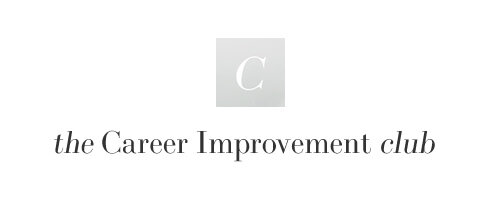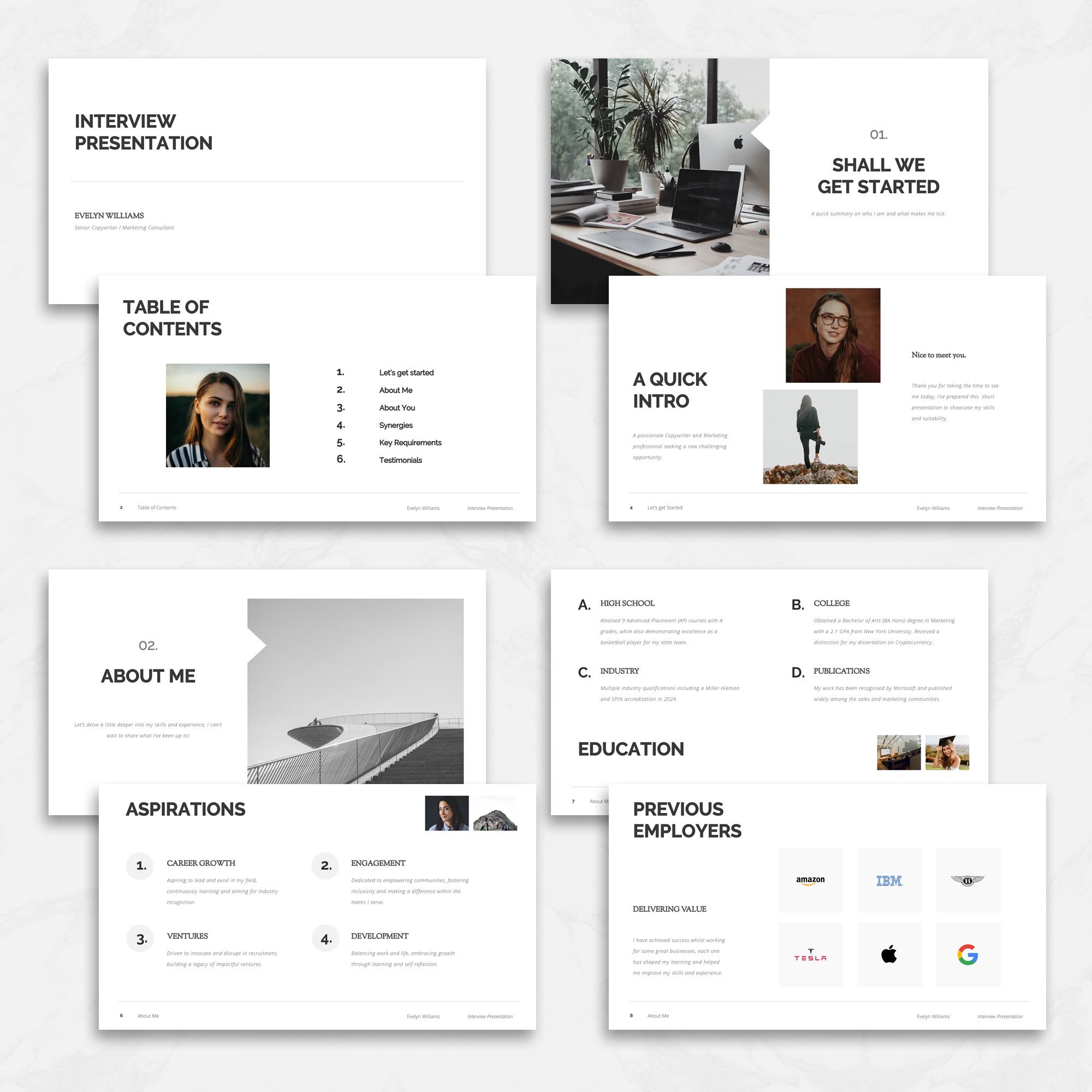Smart Questions To Ask In A Job Interview.
The interview process isn’t just about answering questions—it’s also an opportunity for you to evaluate the company and the role. Asking smart, thoughtful questions not only demonstrates your interest in the position but also helps you determine if this is the right fit for you. Here’s a guide to help you prepare the best questions to ask during an interview.
Why Asking the Right Questions Matters
When you ask insightful questions, you’re showing the interviewer that you’ve done your homework and are serious about the opportunity. It also allows you to gather crucial information about the company’s culture, expectations, and the team you’ll be working with. This will help you make an informed decision if you receive an offer.
Smart Questions to Ask in Your Job Interview:
1. Questions About the Role
These questions clarify your responsibilities and how success is measured:
Q. What does a typical day or week look like for someone in this role?
This helps you understand the daily responsibilities and expectations, giving you a clearer picture of the job.
Q. What are the immediate priorities for this role in the first six months?
Knowing the short-term goals shows you’re proactive and can focus on what matters from day one.
Q. How do you measure success in this position?
This question helps you understand the key performance indicators (KPIs) and what will make you stand out.
Q. Can you describe the team dynamics and how this role fits within the team?
It’s crucial to know how your role contributes to the team's success and understand the working relationships.
Q. What are the opportunities for learning and development in this role?
Shows your interest in growth, development, and how the company invests in its employees.
2. Questions About the Team
Get a sense of who you'll be working with and how the team operates:
Q. What are the current team’s strengths and where are there opportunities for improvement?
It gives you insight into team dynamics, strengths, and areas where you can contribute.
Q. How would you describe the team’s collaboration style?
Understand if the team’s working methods align with your preferences for collaboration.
Q. Can you tell me about the backgrounds of the team members I’d be working with?
This can give you insights into the team’s diversity and expertise.
Q. How does the team handle conflict or differing opinions?
Important for understanding how the team manages challenges and maintains a healthy work environment.
Q. How is success celebrated within the team?
Knowing how accomplishments are recognised gives insight into the team culture and morale.
3. Questions About Career Development
These questions highlight your interest in long-term growth:
Q. What kind of career progression can someone in this role expect?
Shows you’re thinking about the future and how this role fits into your career path.
Q. How do you support employees in setting and achieving professional development goals?
This highlights the company's commitment to helping employees grow and develop their skills.
Q: Are there opportunities for cross-training or moving into other departments within the company?
Indicates if the company supports internal mobility, allowing you to broaden your skill set.
Q: How often are performance reviews conducted, and what is the feedback process like?
Helps you understand how performance is evaluated and the frequency of feedback.
Q: What skills or attributes does someone need to succeed in this role long-term?
Provides insight into what qualities are valued in the long term and how you can excel.
4. Questions About the Company’s Future
Demonstrates your interest in the company's strategic direction:
Q. Where do you see the company in five years?
It shows you're thinking about the company's growth and how your role fits into its future.
Q: What are the company’s biggest challenges right now, and how does this role contribute to overcoming them?
It demonstrates that you’re aware of the company's challenges and interested in being part of the solution.
Q: How does the company stay competitive in the market?
Understand how the company remains innovative and resilient in its industry.
Q: How has the company’s strategy changed in response to recent industry developments?
Shows you're attuned to external factors affecting the company and its ability to adapt.
Q: What new products or services is the company focusing on?
Gives you a clear understanding of where the company is investing resources and growth areas.
5. Questions About Company Culture
Assess the company’s values and work environment:
Q. How would you describe the company’s work environment?
Helps you evaluate whether the culture is a good fit for your work style and preferences.
Q: Can you share some examples of how the company supports work-life balance?
This is essential for understanding how the company values personal well-being and flexible work.
Q: How does the company foster diversity and inclusion?
Demonstrates your commitment to working in an inclusive, supportive environment.
Q: What initiatives or traditions does the company have to build team spirit?
Gives insight into how the company fosters camaraderie and a sense of belonging.
Q: How does the company promote employee well-being?
Ensures the organisation prioritises employee health and mental well-being.
6. Questions About Onboarding and Training
Understand how the company supports new hires:
Q. What does the onboarding process look like?
Helps you gauge the support and resources available during your transition into the role.
Q: How long is the typical onboarding period, and what can I expect to learn during this time?
Provides insight into how quickly you’ll be expected to hit the ground running.
Q: How do you help new employees adjust to the company culture?
Understand how the company fosters integration and helps new employees feel welcome.
Q: Are there formal training programmes or mentorship opportunities for new hires?
Shows you’re interested in structured learning and growth from the start.
Q: What resources or tools are available to help me succeed in the role?
Gives you an idea of the practical support the company provides for your success.
7. Questions About the Interview Process and Next Steps
Ensure you’re clear on what comes next:
Q. What are the next steps in the interview process?
Shows you're keen to continue with the process and interested in what happens next.
Q: When do you expect to make a hiring decision?
Helps you understand the timeline, so you know when to follow up.
Q: Is there anything else I can provide to help you make a decision?
Shows proactivity and allows you to address any gaps in the interview.
Q: Do you have any concerns about my background or experience that I could address before we conclude?
Allows you to clarify any potential red flags and end on a positive note.
Q: How does this role compare to other candidates you’ve interviewed?
Helps you gauge how well you’re performing in the selection process.
Choosing the Right Questions: When and What to Ask:
Choosing the right questions for an interview is a balancing act. Here’s how to tailor your questions based on different situations:
1. First-Round Interviews: General Questions
Focus on questions about the role and the company. At this stage, you’re trying to gather broad insights into the position and the organisation.
Example Questions:
What are the immediate priorities for this role?
Can you describe the company’s long-term goals?
2. Final Interviews: Deeper, Strategic Questions
Now is the time to ask more detailed questions about career development, company culture, and future prospects. These questions signal that you’re seriously considering the role.
Example Questions:
What are the team’s biggest challenges right now?
How do you see the company evolving in the next few years?
3. Assessing Fit: Culture and Team Dynamics
If cultural fit is a concern for you, ensure you ask specific questions about the company’s values, work environment, and team dynamics.
Example Questions:
How does the company foster a positive work environment?
Can you tell me more about the team I’d be working with?
4. When You’re Interviewing a Hiring Manager: Development and Leadership
If you’re speaking to a senior leader, focus on questions about leadership style, team management, and career growth.
Example Questions:
How do you support your team members’ professional development?
What’s your leadership philosophy, and how do you handle team feedback?
5. When You Have Limited Time: Key Priorities
In a short interview, ask the most pressing questions that will help you make a decision about the role.
Example Questions:
What does success look like in this role?
How does this position contribute to the company’s overall goals?
6. To Show You’ve Done Your Research: Contextual Questions
Use what you’ve learned during your research to ask specific, insightful questions that show your preparation.
Example Questions:
I noticed the company recently launched a new product. How does this role contribute to that initiative?
I read that the company is expanding into new markets. How will this affect the team I’d be joining?
Final Thoughts:
The questions you ask during an interview not only help you gather important information but also show your level of preparation and interest. Focus on what’s most relevant to you, and be ready to adapt based on the interview’s flow. Whether you’re gauging company culture, team dynamics, or your potential for growth, asking the right questions can leave a lasting impression on your interviewers.
Further reading on job interviews can be found here:



